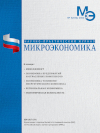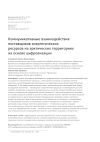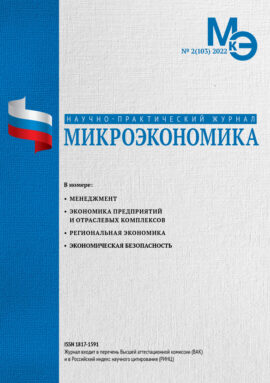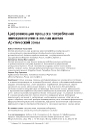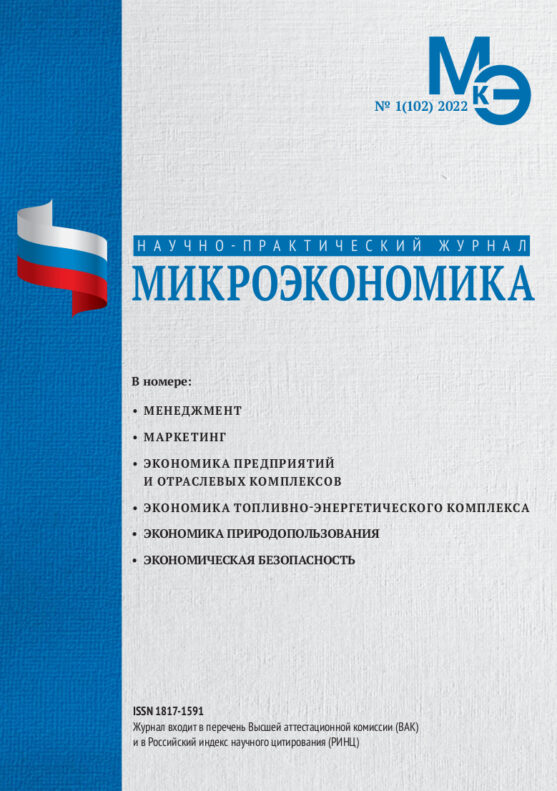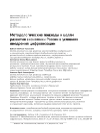Communicative interactions of suppliers of energy resources in the Arctic territories on the basis of digitalization
DOI: 10.33917/mic-5.106.2022.87-99
The article presents a case study of a big company operating in the Russian Arctic Zone in order to explain the need for digitalisation of communication between energy resource suppliers and customer markets. Currently, the main way of communication between the energy supplier in question and its customer markets is contractual relations. Their timeliness and quality are becoming particularly important, especially for big businesses. The quality of a resource supply contract directly affects the completeness of the resource supply and performance of the schedule agreed in the contract. Contract performance directly influences the financial and economic per-formance of the company and, consequently, its competitiveness on customer markets. A contract as a main communication tool is the critical legal instrument, regardless of the annual number and scope of contracts. It applies to various contracts, from several big orders for companies (enterprises) on sectoral customer markets to tens of thousands on a consumer market reaching individuals and households.
References:
1. Babkin N., Bespalova S., Senetskaya L., Skotarenko O. Tools for digitalization of economic processes for supporting management decision-making in the Arctic region. 4th International Scientific Conference on Arctic: History and Modernity; Saint Petersburg, Russian Federation 17-18 April 2019.
2. Babkina L.N., Skotarenko O.V. Features of the qualimetric approach in regional studies // Scientific and Technical Bulletin of the St. Petersburg State Polytechnic University. Economic sciences. 2013;5(180):161-165. (In Russ.).
3. Bodrunov S, Plotnikov V, Vertakova Y. Technological Development as a Factor of Ensuring the National Security, Proceedings of the 30th International Business Information Management Association Conference — Vision 2020: Sustainable Economic development, Innovation Management, and Global Growth, Madrid. 2017. 8-9 November 2017. pp.66-74.
4. Kelchevskaya N., Shirinkina E. Regional determinants of effective use of human capital in the digital economy. Economy of Region. 2019;2:465-482.
5. On national development goals and strategic tasks of the Russian Federation until 2024: Decree of the President of the Russian Federation of 7 May 2018 (ver. of 19.07.2018), Collected Laws of the RF, 20 (14.05.2018) Art. 2817.
6. On the Strategy for Scientific and Technical Development of the Russian Federation: Decree of the President of the Russian Federation of 1 December 2016 № 642, Collected Laws of the RF, 49 (05.12.2016) Art. 6887.
7. On assigning the default supplier status: Order of the Russian Ministry for Energy of 23 January 2015. №14, not published.
8. Pasandideh H., Taghi S., Niaki A., Mousav S. Two metaheuristics to solve a multiitem multiperiod inventory control problem under storage constraint and discounts. Economica. 2013.
9. Regions of Russia. Socioeconomic indicators – 2020. Official website of the Russian Federal State Statistics Service. URL: https://rosstat.gov.ru/


